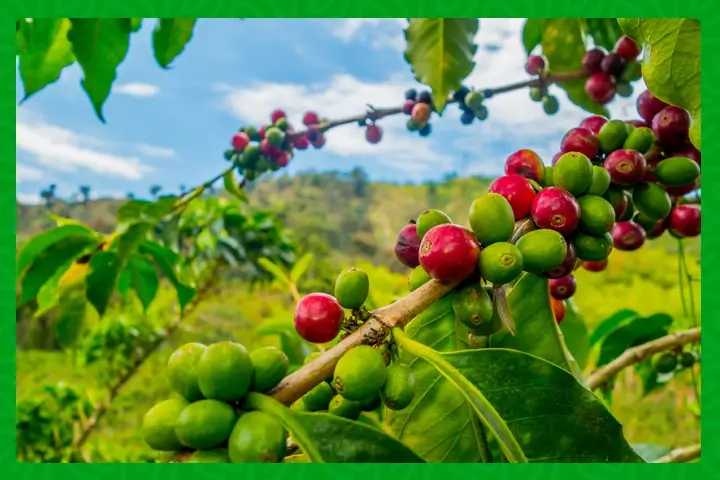
Ethiopia is stepping up its efforts to align its vital coffee sector with the stringent requirements of the European Union Deforestation-free Regulation (EUDR), signaling a pivotal moment in its commitment to sustainable practices. The Ministry of Finance has revealed a comprehensive action plan crafted to ensure compliance with the EUDR, following a crucial consultative meeting between the Ethiopian government and key development partners in the coffee industry.
The EUDR, adopted by the European Parliament and Council on June 29, 2023, casts a wide net over commodities like coffee, timber, beef, palm oil, soy, cocoa, and rubber, mandating that they be free from deforestation before entering the EU market. This regulation not only aims to reduce the European Union’s contribution to greenhouse gas emissions but also addresses the pressing issue of global biodiversity loss.
Semereta Sewasew, Finance State Minister, emphasized the socioeconomic importance of coffee to Ethiopia while highlighting the government’s unwavering dedication to complying with the EUDR. However, she raised concerns about the challenging enforcement timeline, particularly for countries like Ethiopia, where coffee production is predominantly managed by smallholder farmers.
Acknowledging the complexities of EUDR implementation, the Ethiopian government has requested a time extension from the EU to adequately prepare and provide assurances for Ethiopian coffee buyers in the EU market. David Krivanek, Deputy Head of Delegation of the European Union to Ethiopia, affirmed the EU’s commitment to combatting climate change and ensuring that commodities entering the EU market do not contribute to deforestation.
The National Action Plan, devised to facilitate compliance with the EUDR, outlines specific actions to be undertaken over the next three years, fostering collaboration between Ethiopia and the EU. However, the Ministry of Finance highlighted potential challenges, noting that EUDR enforcement could impact the livelihoods of smallholder farmers and disrupt the established market dynamics between Ethiopia and EU member countries.
Semereta Sewasew reiterated the government’s determination to meet the requirements of the EUDR, emphasizing collaboration with relevant stakeholders. In a show of solidarity, David Krivanek affirmed the EU’s commitment to supporting Ethiopia in navigating the challenges associated with EUDR implementation.
As Ethiopia embarks on this transformative journey towards sustainability in its coffee sector, the unveiling of the action plan underscores the nation’s resolve to safeguard its rich environmental heritage while maintaining its position as a leading coffee producer on the global stage. Through concerted efforts and strategic partnerships, Ethiopia aims to not only meet but exceed the expectations set forth by the EU’s deforestation-free regulation, setting a shining example for sustainable agricultural practices worldwide.
Stay updated with the latest farming tips and agriculture industry news from Africa by subscribing to our newsletter. Don’t miss out on valuable insights and updates. Follow us on Twitter, LinkedIn, and Facebook to join our farming community and stay connected with us.



















